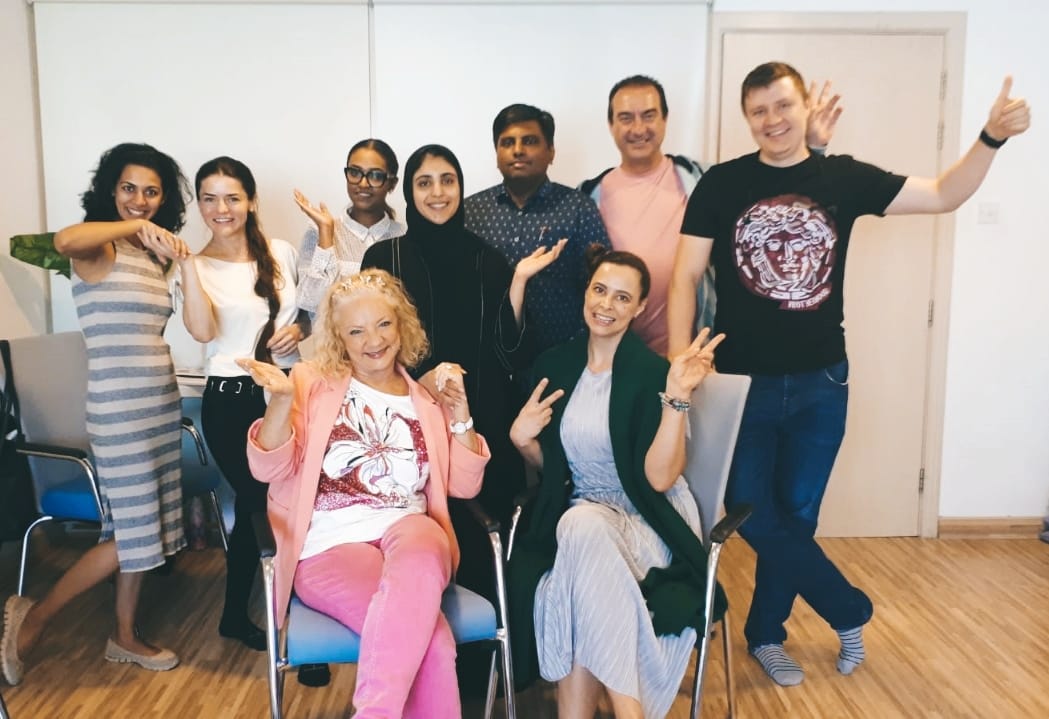We have all heard about Emotional Intelligence from Daniel Goldman and Travis Bradberry, some organizations have capitalized on this wave of addressing unresourceful behaviors and miscommunicated messages. But what I have noticed is most of the readings and training I have attended relate to the concepts in theory only.
So here are 5 Practical ways to apply Emotional Intelligence to your everyday Personal and Practical Life.
Emotional intelligence is crucial both in personal and professional settings, as it allows individuals to navigate relationships, communicate effectively, and manage their emotions and those of others. Here are five practical ways to display emotional intelligence:
Active Listening: Practice active listening by fully concentrating, understanding, responding, and remembering what is being said. This involves giving the speaker your full attention, acknowledging their feelings, and providing appropriate responses. Active listening fosters stronger relationships with colleagues, clients, and stakeholders in professional settings, leading to better collaboration and problem-solving.
Empathy: Develop empathy by putting yourself in others’ shoes and understanding their perspectives, feelings, and needs. Show compassion and support to others during challenging times, acknowledging their emotions without judgment. In personal relationships, empathy builds trust and deepens connections, while in professional settings, it promotes teamwork, boosts morale, and enhances leadership effectiveness.
Self-awareness: Cultivate self-awareness by recognizing and understanding your own emotions, strengths, weaknesses, values, and triggers. Practice mindfulness and reflection to gain insight into your thoughts and behaviors, allowing you to regulate your emotions effectively. In personal life, self-awareness improves self-esteem, resilience, and overall well-being, while in professional settings, it enhances decision-making, conflict resolution, and leadership abilities.
Conflict Resolution: Develop skills in managing and resolving conflicts constructively by staying calm, objective, and empathetic during disagreements. Listen actively to all parties involved, identify underlying issues, and work towards finding mutually beneficial solutions. In personal relationships, effective conflict resolution fosters understanding, respect, and intimacy, while in professional settings, it minimizes disruptions, strengthens team cohesion, and promotes a positive work environment.
Adaptability: Practice adaptability by remaining flexible, open-minded, and resilient in the face of change, challenges, and setbacks. Embrace uncertainty and proactively seek opportunities for growth and learning. In personal life, adaptability helps you navigate life transitions, maintain balance, and thrive in diverse situations, while in professional settings, it enhances problem-solving, innovation, and agility, positioning you as a valuable asset to your organization.
By incorporating these practical strategies into your daily life, you can demonstrate emotional intelligence personally and professionally, leading to more fulfilling relationships, greater success, and overall well-being.
I recently read about a more practical method that translates academic theory in simple everyday practice. It’s called the Wiser method and it’s endorsed by decades of research. Wiser stands for watch, interpret, select, engage, reflect.


